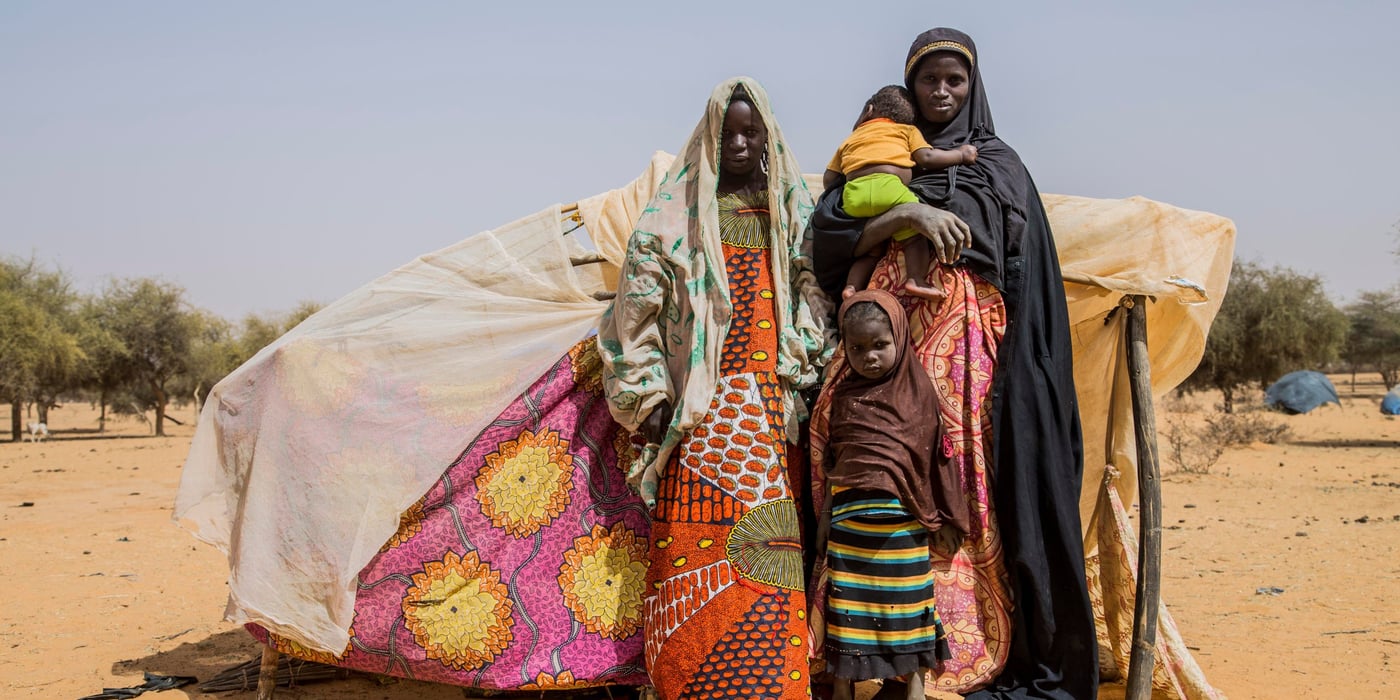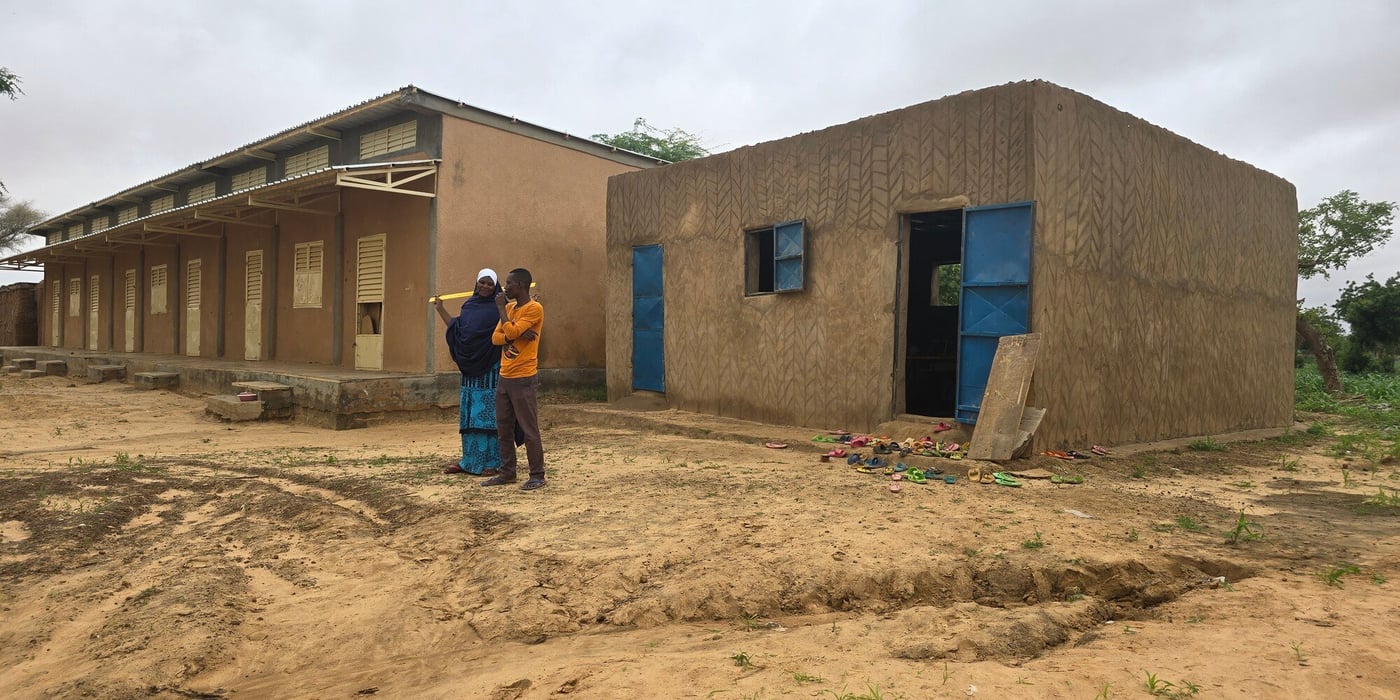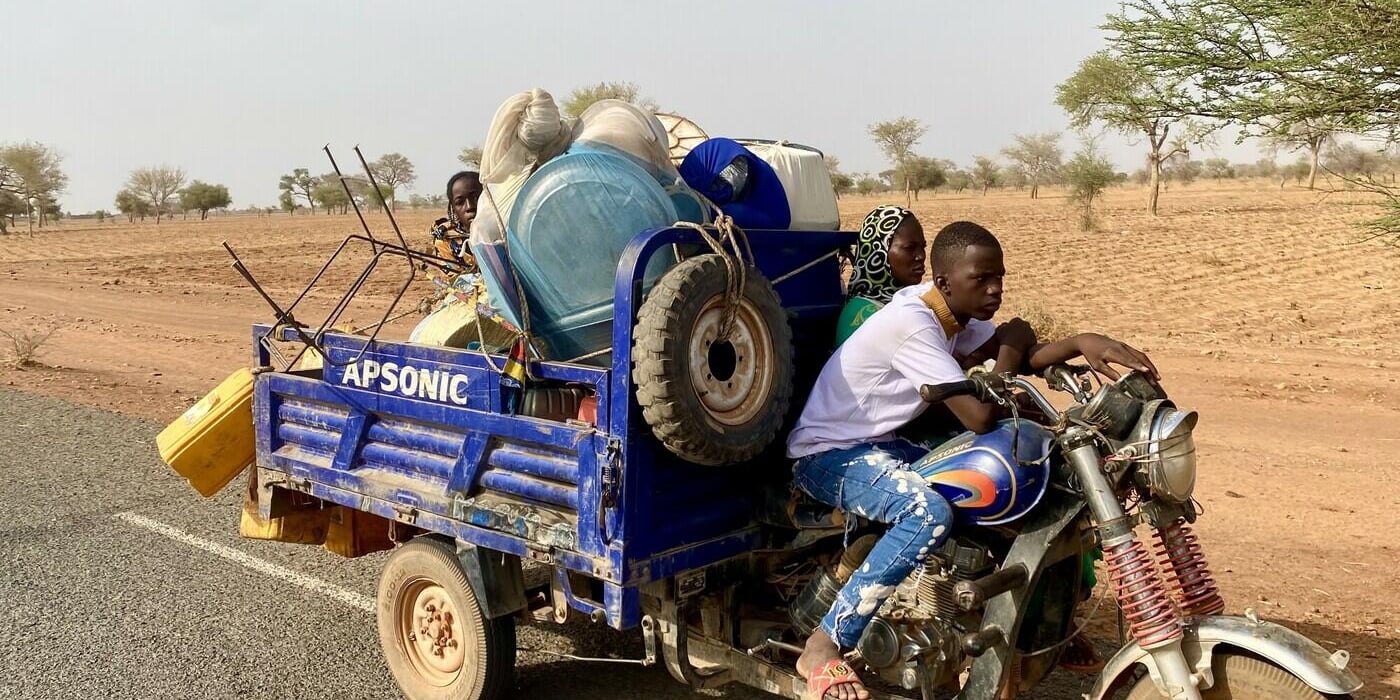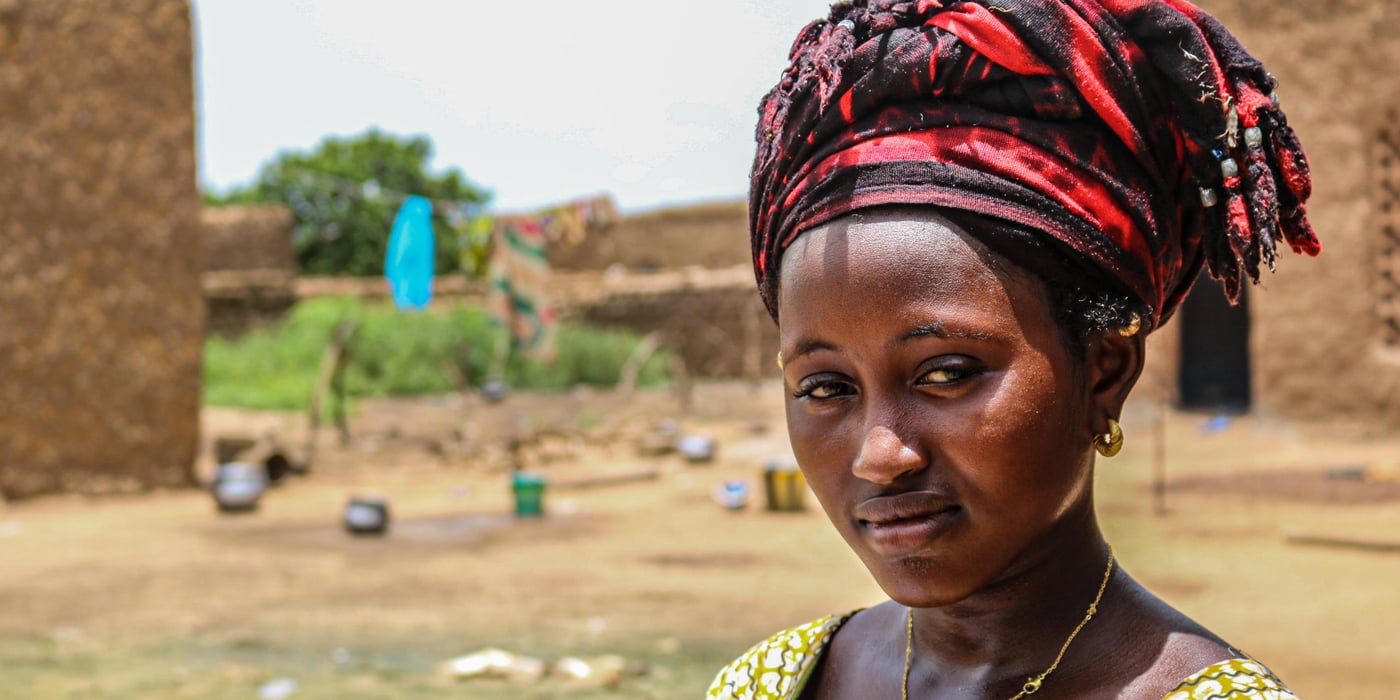
More than 600 people have fled clashes in the villages of Anakila, Madougou-Peulh and Alajina-Peulh in the Koro area, according to the Regional Office for Social Development and Solidarity Economy of Mopti. Reports say hundreds of houses have been burned down.
Since February 2018, counter-terrorist operations being carried out in the Ménaka region, close to Niger, and clashes between armed groups in the area have also forced more than 1,000 families to flee their homes, particularly in the district of Anderamboukane.
The humanitarian situation in the region is worsening with five armed attacks since the end of April – the latest on 9 May. These attacks force Malian civilians to flee their homes in fear of retaliation, and also cause civilian casualties.
With the current military operation and armed group activities on the rise in Mali, humanitarian needs are increasing. The NRC and its local partners have registered urgent needs for food, water, household items and access to sanitary facilities.
Forced to flee, many displaced people have left everything behind, including their livelihood. “We call for the international community to support and fund the humanitarian response, enabling us to provide protection and relief to the displaced families,” said Hassane Hamadou, Country Director for the NRC in Mali. A lack of aid now will expose already vulnerable displaced families to further risks.
NRC is currently conducting multisectoral assessments through our Rapid Response Mechanism (RRM) in coordination with other humanitarian actors in both the affected regions. The aim is to identify the needs of the people affected by displacement and provide an adequate, targeted and integrated response.
The distribution of emergency relief such as food, household items and water purification tablets are due to begin on 14 May, with the support of local authorities.
The Rapid Response Mechanism (RRM) implemented by NRC in Mali is funded by ECHO and UNICEF.




